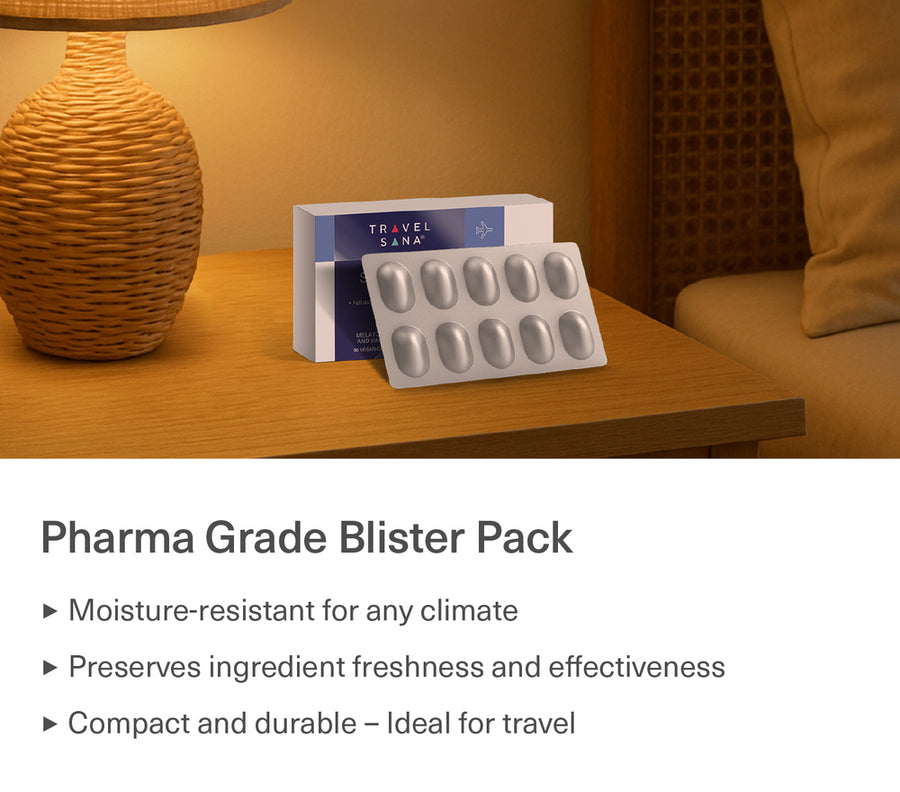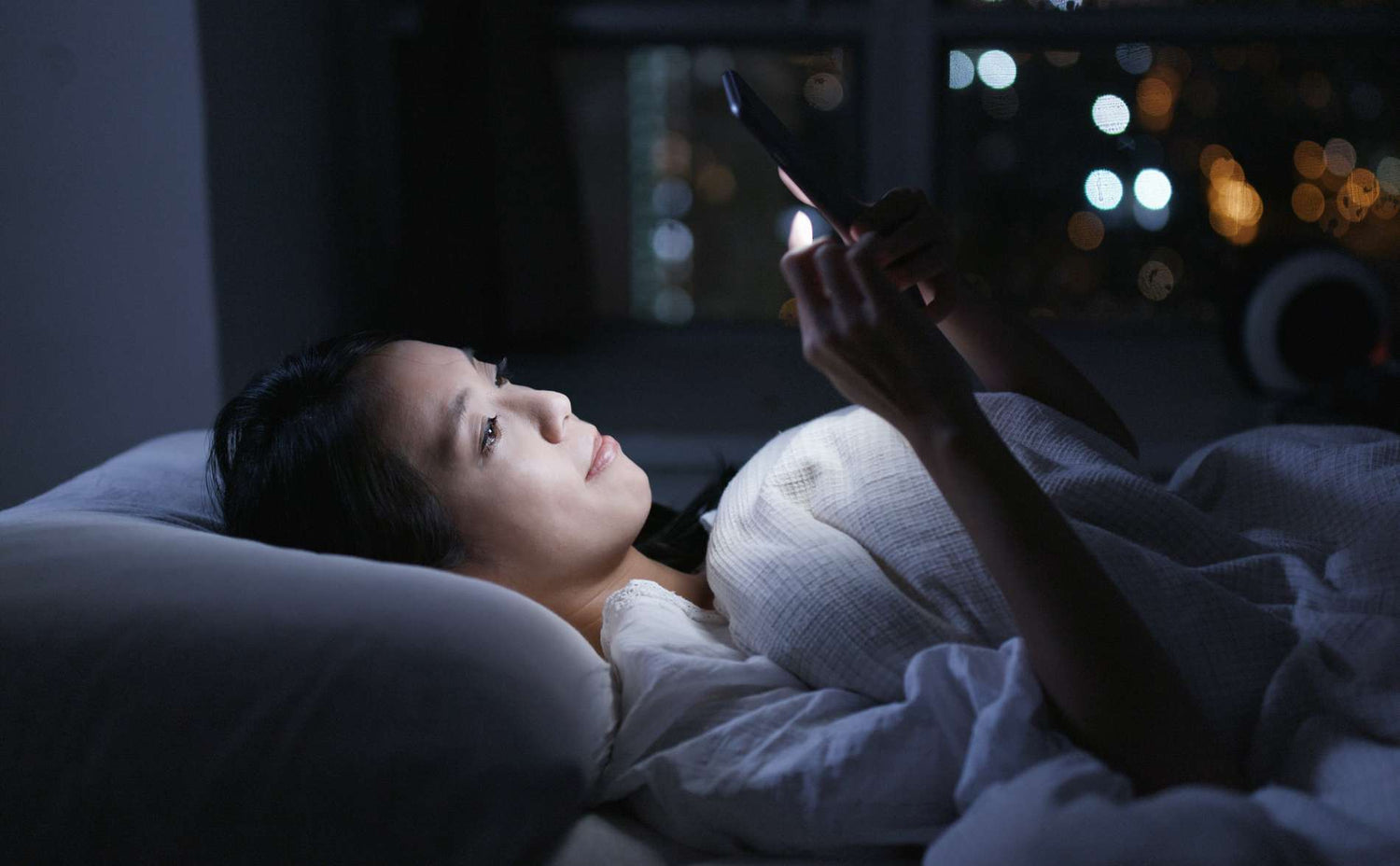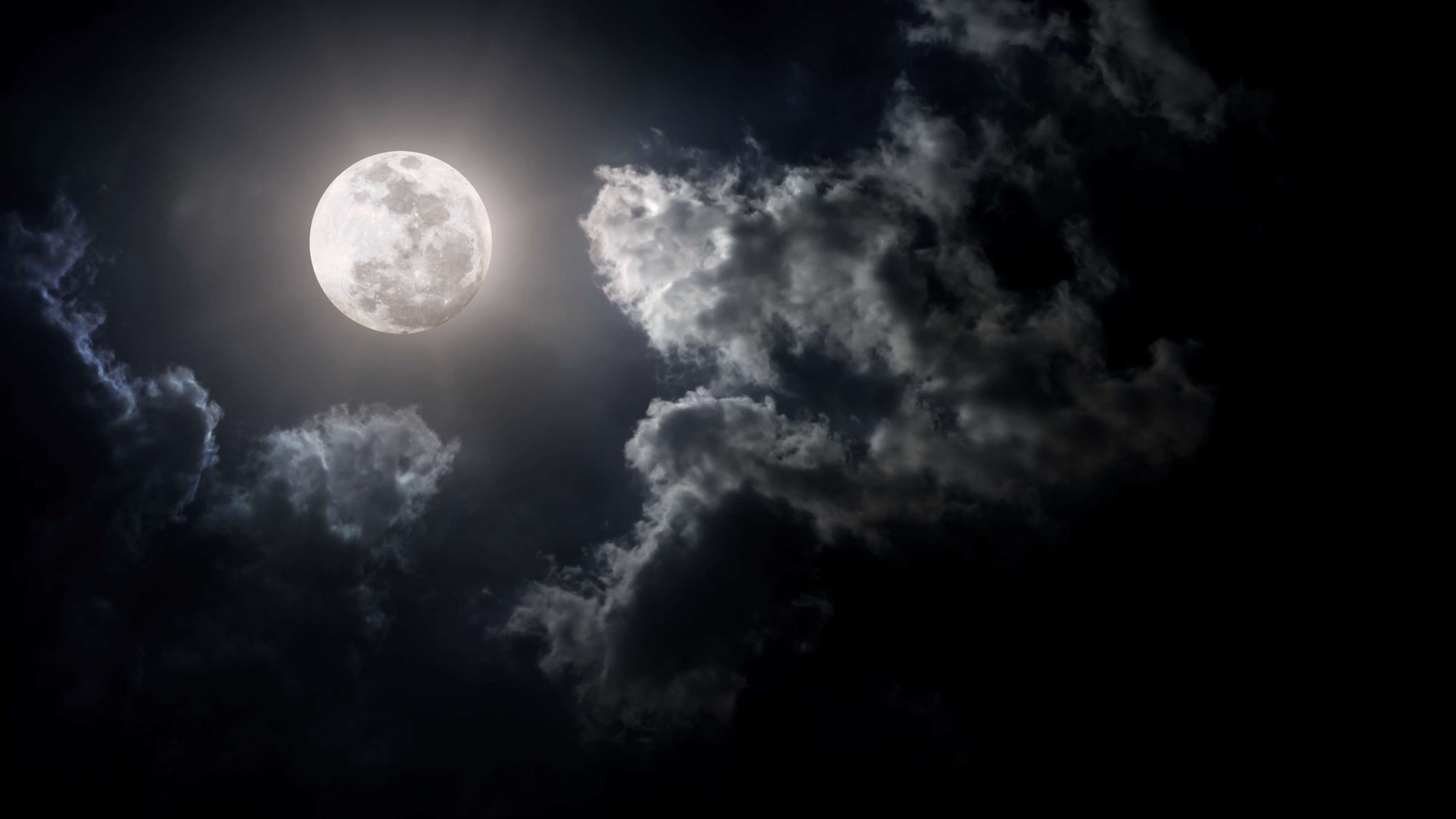





What is Melatonin?
Melatonin is a hormone naturally produced by the pineal gland responsible for regulating the sleep cycle.
Melatonin

Melatonin is a hormone known for its ability to regulate chronobiological rhythms and improve sleep. Secreted by the pineal gland or epiphysis, it is stimulated by the absence or decrease of light and is inhibited by exposure to light. The concentration of available melatonin tends to decrease with age, which can lead to difficulty falling asleep and insomnia. Taking melatonin in people with regular and stable sleep is of limited interest.
Melatonin is especially recommended for people who travel frequently and change time zones. An intercontinental trip may interfere with sleep cycles, for those people who often suffer from jet lag symptoms. In this case, taking melatonin can help improve sleep, both to help fall asleep and to increase sleep duration. Melatonin can also be interesting for people working at night with irregular work cycles.
Melatonin is a hormone that was discovered in 1958 by Aaron Bunsen Lerner (1920-2007), a dermatologist at Yale University in the United States. This discovery is one of many hormones that have been identified by scientists since the beginning of the 20th century. The history of endocrinology (science of hormones) began relatively late with the discovery of secretin in 1902. Between 1910 and 1930, about 30 other hormones were described, including insulin in 1921.
Melatonin is a hormone naturally produced by the pineal gland responsible for regulating the sleep cycle. During the day, the level of melatonin is very low and then increases significantly when daylight decreases. Also called the "dark hormone" or "sleep hormone," melatonin helps regulate the sleep cycle. Melatonin is now taken as a dietary supplement and is available over the counter in many countries.
Melatonin is a hormone known for its ability to regulate chronobiological rhythms and improve sleep. Secreted by the pineal gland or epiphysis, it is stimulated by the absence or decrease of light and is inhibited by exposure to light. The concentration of available melatonin tends to decrease with age, which can lead to difficulty falling asleep and insomnia. Taking melatonin in people with regular and stable sleep is of limited interest.
Melatonin is especially recommended for people who travel frequently and change time zones. An intercontinental trip may interfere with sleep cycles, for those people who often suffer from jet lag symptoms. In this case, taking melatonin can help improve sleep, both to help fall asleep and to increase sleep duration. Melatonin can also be interesting for people working at night with irregular work cycles.







